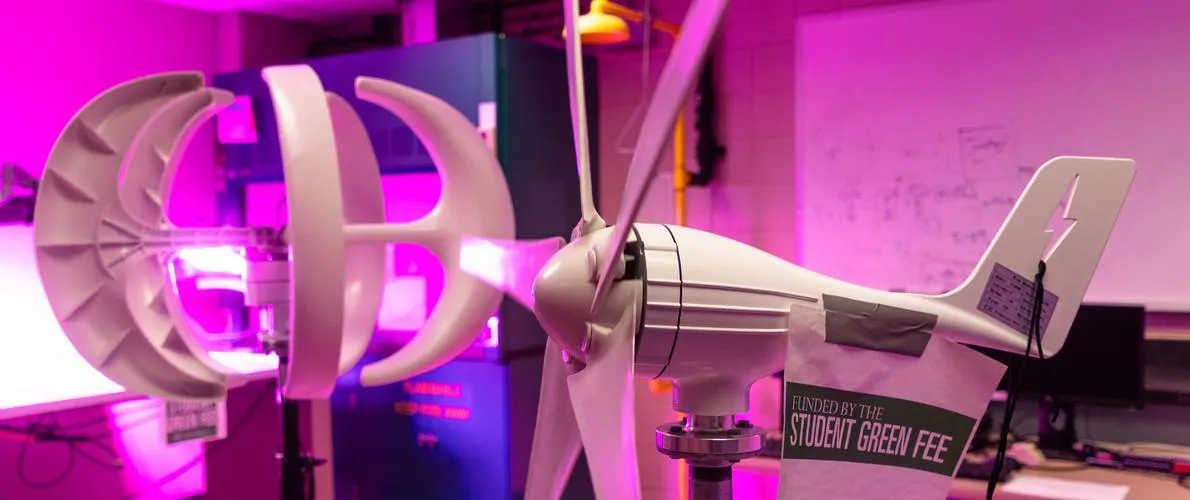Main Content
Master's Degrees Programs

Advance your expertise and expand your career possibilities through our graduate programs in Electrical and Computer Engineering. Whether you’re focused on applied engineering practice or research and innovation, our master’s degrees provide a strong foundation in advanced electrical and computer systems, preparing you to lead in a rapidly evolving technological world.
You’ll work alongside expert faculty, collaborate on real-world projects, and gain hands-on experience using state-of-the-art labs and research facilities. Our programs offer flexibility to match your goals, from professional advancement to doctoral study, with opportunities to explore areas such as power systems, signal processing, computer networks, and renewable energy technologies.
Master of Engineering
The Master of Engineering is a non-thesis, professional degree designed for practicing engineers seeking to advance their technical expertise and leadership skills. Offered both on campus and online, the program focuses on applied problem-solving and real-world engineering projects. Students can customize their coursework in areas such as power systems, electronics, and computer engineering, making it ideal for working professionals.
Master of Science
The Master of Science degree emphasizes research and innovation in advanced electrical and computer engineering topics. Students work closely with faculty mentors on thesis or non-thesis options that integrate theory, experimentation, and analysis. With access to cutting-edge labs and interdisciplinary projects, graduates are prepared for careers in research, industry, or further doctoral study.
Accelerated (4+1) Master's Program (ME/MS)
The Accelerated (4+1) Master’s Program is designed for high-achieving undergraduates in the School who want to earn both a bachelor’s and a master’s degree in just five years. This program allows qualified students to begin graduate-level coursework early, completing a total of 147 credit hours.
Students should apply as early as the first semester of junior year and work with their academic advisor (and a potential graduate faculty advisor, if needed) to develop a plan of study identifying 9 credit hours that count toward both degrees. Students remain undergraduates until all bachelor’s requirements are met, then transition into either the M.S. (thesis or non-thesis) or M.E. program in Electrical and Computer Engineering.
Assistantships
There are various opportunities for graduate assistantships on campus, including roles in academic programs, research centers, and administrative/service units. These positions not only enhance your experience but also offer a helpful way to cover tuition expenses.
Career Opportunities
Launch into a world of boundless possibilities with our master’s degree. You will thrive as an industry leader, innovator, or researcher, with doors opening to prestigious roles in electronics, software, communications, and more.



